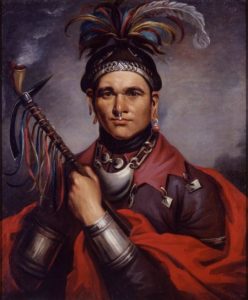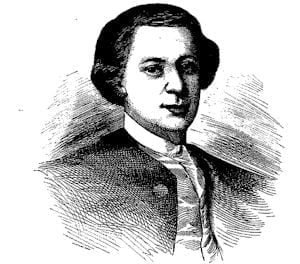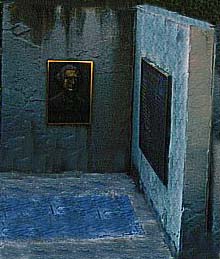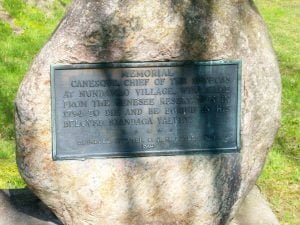Descendants of Captain David Abeel
Capt. David Abeel Capt. David Abeel, son of Johannes and Catharine (Schuyler) Abeel (brother to Christoffel, the father of John, father of Corn Plant), was born at Albany, N. Y., April 27, 1705, died Oct. 20, 1777. At an early age, after his father’s death, he was sent to New York and apprenticed to Mr. Schuyler in the dry goods business, and soon after reaching his majority he engaged in the flour and provision business, which he carried on successfully for many years. He held the position of Captain of the company of militia of foot of the city and … Read more





